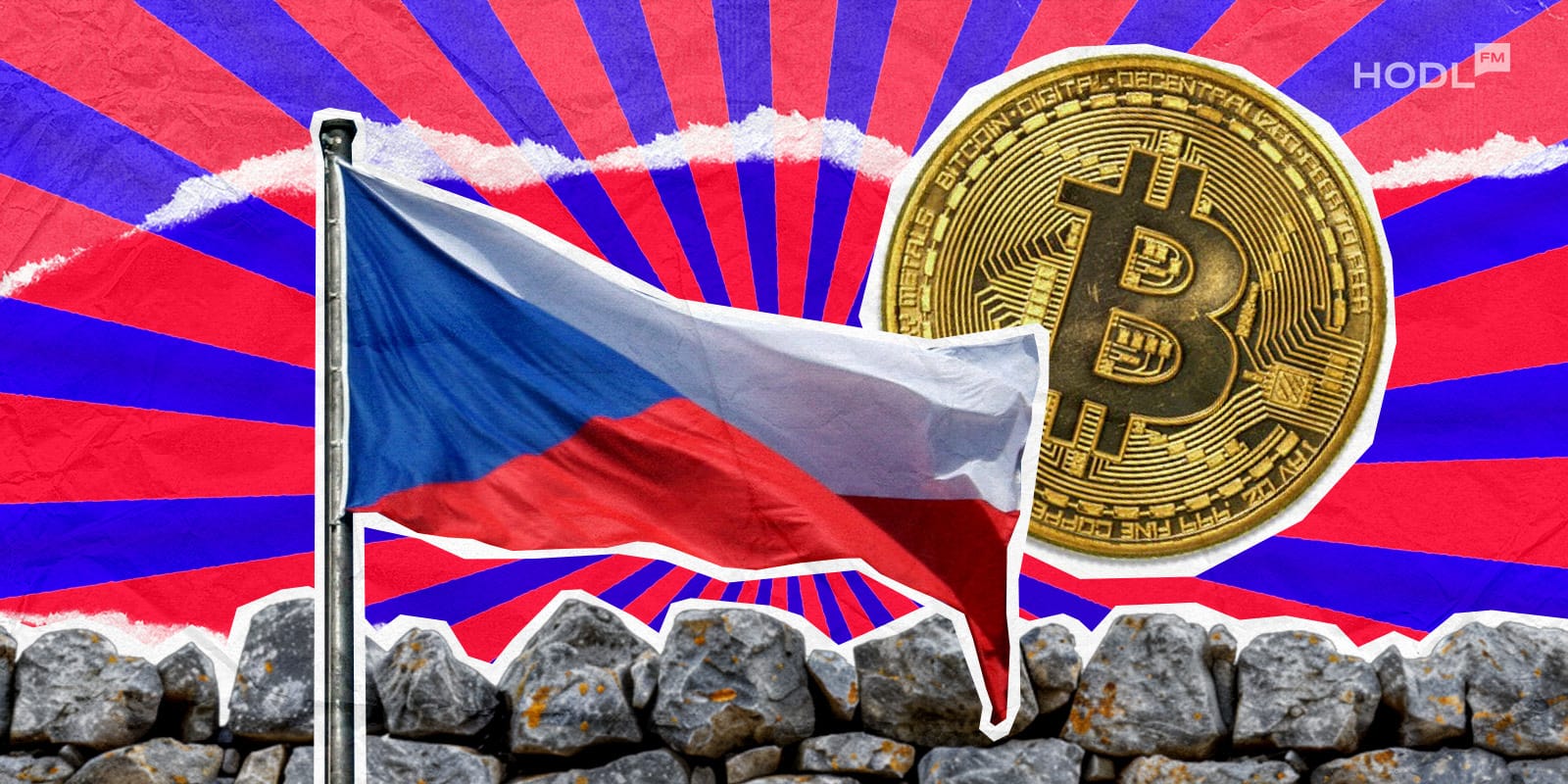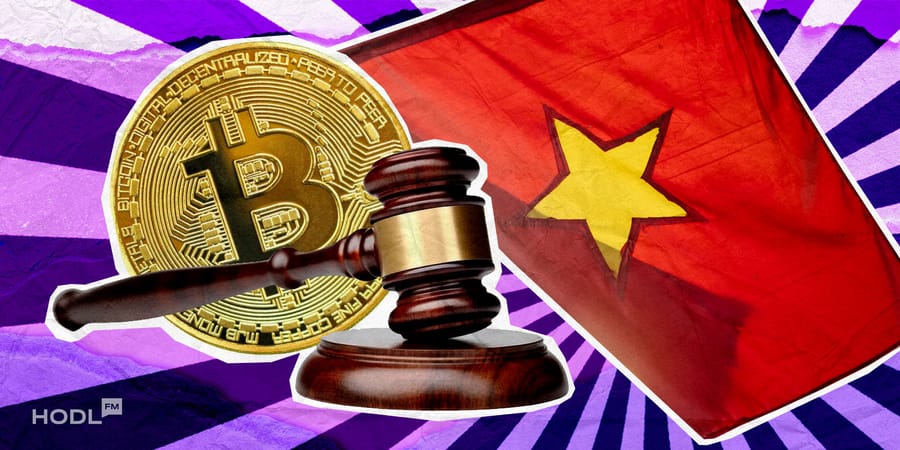Vietnam has just made a big move toward legitimizing its digital economy. The country passed the Law on Digital Technology Industry, marking its first comprehensive legal framework for crypto assets. This is huge, folks, as it finally gives clarity to the crypto space after years of regulatory uncertainty.
The law distinguishes between virtual and crypto assets and aligns Vietnam with global anti-money laundering (AML) standards. I think it’s fair to say this could be a step toward Vietnam being removed from the Financial Action Task Force’s (FATF) gray list. The FATF has had its eye on Vietnam since 2023, and this law is a direct response to the scrutiny local financial institutions have been facing.
Vietnam’s New Two-Tier System for Digital Assets
The law, passed on June 14 by the National Assembly, will take effect in 2026. It's a big part of Vietnam’s broader strategy to push for innovation in emerging technologies like AI and semiconductors. But it’s also a clear move to set up solid rules for the crypto sector. Finally! The legislation defines crypto assets as “digital assets that use encryption or similar digital technologies for validation during creation, issuance, storage, or transfer.”
It’s important to note that the law draws a hard line between virtual assets (used for exchange or investment) and crypto assets (which use encryption technology to validate transactions). The government also has the authority to develop more detailed classifications, business conditions, and management protocols for these assets. I believe this move will help businesses better understand how to operate within the law.
Bringing Vietnam’s Digital Economy to Global Standards
One of the most significant parts of this legislation is its alignment with global best practices on anti-money laundering (AML). The FATF has been pushing for clear virtual asset regulations, and this law addresses that head-on. It requires the implementation of cybersecurity measures to curb issues like money laundering, terrorism financing, and the proliferation of weapons.
The law sets a clear deadline, January 1, 2026, for full implementation, giving businesses and regulators time to adjust and prepare their frameworks. The Ministry of Science and Technology, which drafted the legislation, clearly had its sights set on both local innovation and international compliance.
More Than Just Crypto Regulation
Vietnam isn’t just regulating crypto. The law also promotes digital technology innovation, offering substantial incentives for digital enterprises and AI programs. There’s a special focus on sectors like semiconductors, AI, and software production, which will receive investment, tax, and land-use benefits. The law even prioritizes the hiring of high-quality personnel for key projects, with subsidies to support training programs.
This could be a game-changer for Vietnam’s digital sector. I think we’ll see a lot more activity in AI and blockchain-based projects as these new incentives take effect.
With the law establishing a clearer path forward for both local businesses and international players, Vietnam is setting itself up to be a strong contender in the global digital space. Let’s see how the next few years play out, but I have a feeling this is just the beginning of a bigger transformation for the country’s digital economy.

Disclaimer: All materials on this site are for informational purposes only. None of the material should be interpreted as investment advice. Please note that despite the nature of much of the material created and hosted on this website, HODL FM is not a financial reference resource, and the opinions of authors and other contributors are their own and should not be taken as financial advice. If you require advice. HODL FM strongly recommends contacting a qualified industry professional.





